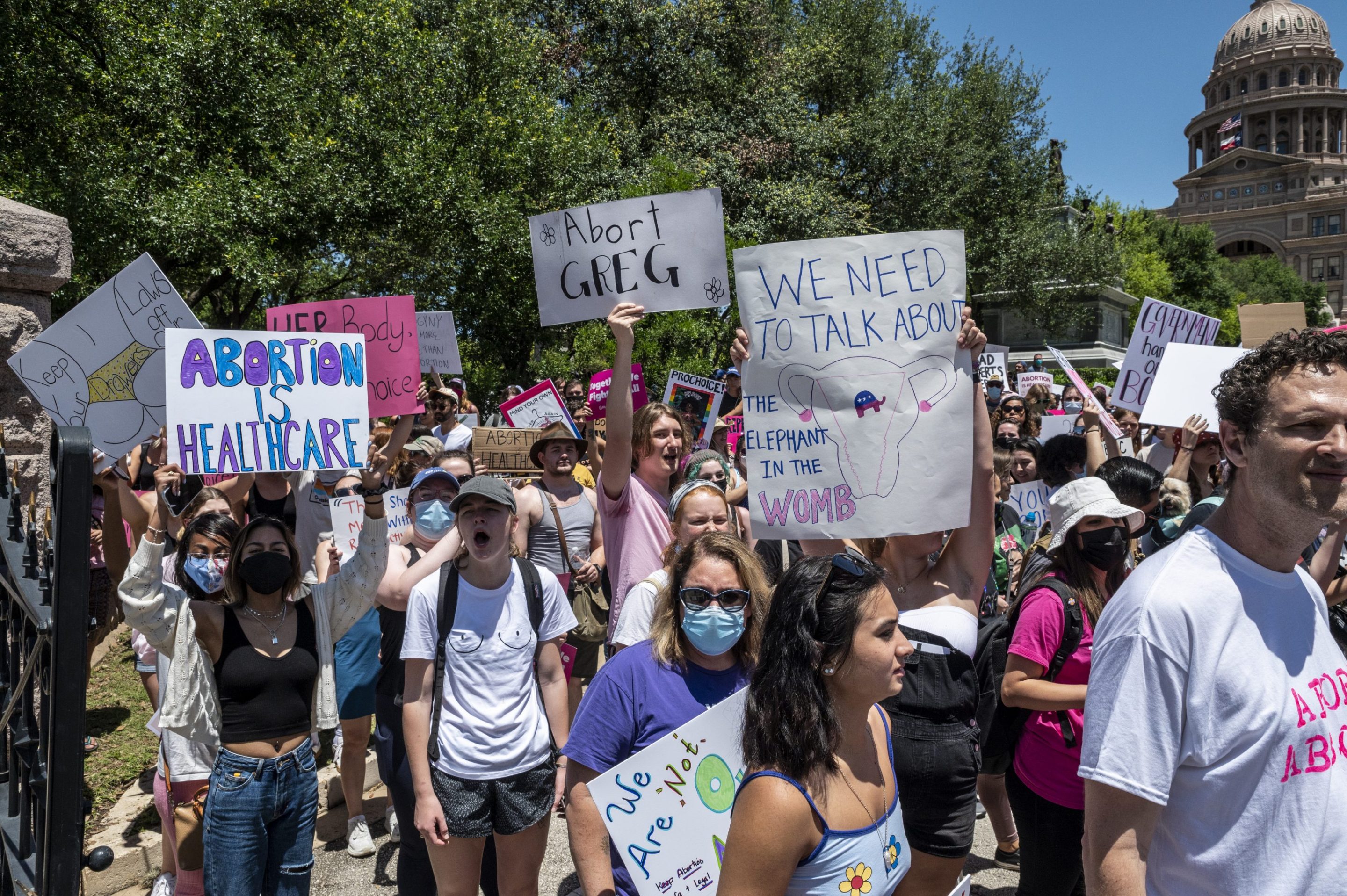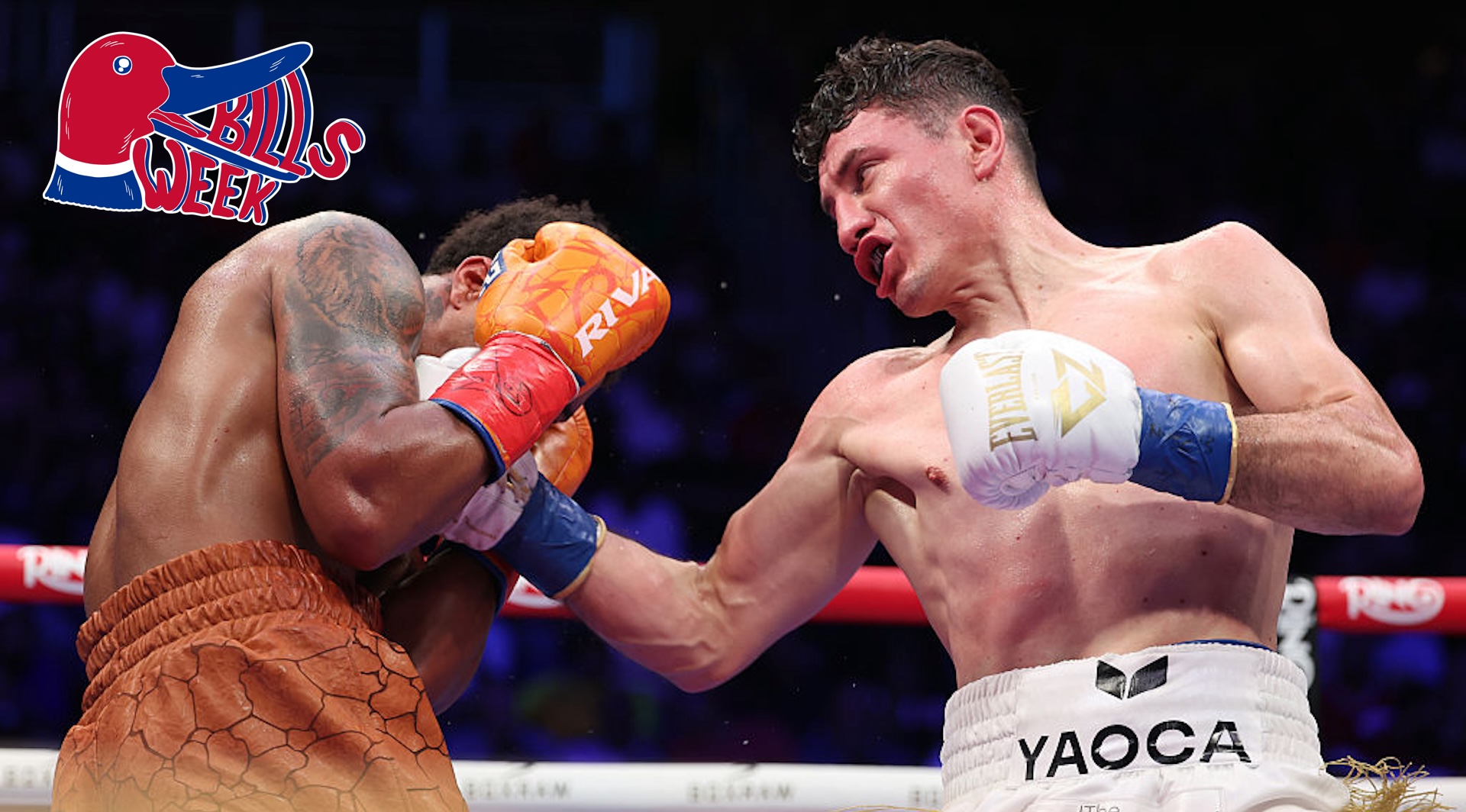The best discovery I made in quarantine was rollerblading. Sometimes I wheel around indoors, just because I can. The second-best was Annie Ernaux, a French writer whose memoirs entered my life a year and a half ago and somewhat upended it. Ernaux turned 81 this week. Her style is to stitch the details of her own story to the greater swells of history, to present self and social condition as inseparable. One of the memoirs, just under 100 pages, recounts an abortion Ernaux had when she was a 23-year-old university student. It was 1963 and abortion wouldn’t be legal in France for another decade. “I want to become immersed in that part of my life once again and learn what can be found there,” she writes. We become immersed, in the “sheer disbelief,” in the foods “which seemed to rot in my mouth,” and in “that bitter Saturday in January.” The book was published under the name L’Evénement—the event—but the English translation carries a more interesting title, Happening.
The book and that word—happening—have been on my mind this week. How could they not be? On Wednesday, Texas enacted a law that effectively bans abortion as early as six weeks into pregnancy (well before many are detected). The law subverts obvious legal challenges by giving non-government actors the enforcement power; for a reward of $10,000 plus legal fees, any private citizen may bring a suit against any person who "knowingly engages in conduct that aids or abets the performance or inducement" of an abortion banned by this law or even "intends" (!!!) to do so. The Supreme Court, in an unsigned decision refusing to block the ban, let it happen. In the days since, I've observed in myself and in friends the same mix of personal anguish and existential numbness that led Ernaux to write, after a doctor confirms her pregnancy, “One week later Kennedy was assassinated in Dallas. By then I had lost interest in that sort of thing.” Maybe American politics can be understood this way: There are cruel, violent happenings and there are the increasingly disempowered people to which they happen.
“I realize this account may exasperate or repel some readers; it may also be branded as distasteful,” Ernaux says. “I believe that any experience, whatever its nature, has the inalienable right to be chronicled. There is no such thing as a lesser truth.”
The mainstream pro-choice movement, perhaps without its supporters realizing, often spoke in terms that did arrange truths into greater and lesser ones. The coinage “safe, legal and rare,” of course, remains the touchstone. Ostensibly sympathetic politicians, elected to champion our rights, can’t even bring themselves to utter the word “abortion,” the name of something that—it must be said—is safe and quite common. But the hierarchy endures still in more everyday language. Many people who have abortions are mothers (i.e. are not bad). It’s a very difficult decision. Obviously, no one ever wants to have one. With defense like this, who needs the prosecution?
Ernaux’s truth was a revealing one. The daughter of factory workers and the first in her family to attend university, she arrived at the decision to end her pregnancy with little apprehension. She writes, “It seemed a highly feasible undertaking, admittedly not an easy one, but one that did not require undue courage. A minor ordeal.” But she can’t shake the sense her working-class roots—the implied pathologies—have caught up with her now. Ernaux’s lack of money and connections, no longer masked by her liberal arts degree, feel acutely real. At the hospital, where she's taken when she loses a dangerous amount of blood, no one will answer her questions. The last words she hears before slipping under anesthetic are those of a young surgeon, shouting at her, “I’m no fucking plumber!” The shout rattles in her ears for years. When she wakes up, a nurse asks, “Why didn’t you tell the doctor you were like him?” If he’d known she were educated, he would have treated her much more kindly.
A system of alternate realities like this governs abortion, which will remain an option for the wealthy and the mobile, regardless of law. The system predates SB 8, one election, or one court case because inequities by race, class, and geography, all determinants of abortion access, predate those things. Abortions cost hundreds of dollars; by Texas law, and in 10 other states, they cannot be covered by private insurers. Other restrictions—waiting periods, mandatory counseling—make necessary multiple trips (and in a large state, they can be long trips) to clinics. The system spreads far beyond Texas, too. Injustice is seldom localized or discrete. The people still reassuring themselves with the jurisprudence of it all, pushing their glasses up the bridge of their nose, tell on themselves a little. Whether Roe v. Wade has or hasn't technically been overturned hardly matters if reality calls for non-profit organizations that offer housing to people who need to travel to New York City for a legal abortion and can't afford two nights in a hotel room. For millions, right now, today, an abortion is at best difficult to procure and at worst, entirely out of the question.
Happening—I also think of the insidiousness in the word. The laziness, the steady and unnoticed rhythm. “Attacks on abortion rights are constant, but they don’t register for most people unless they reach the Supreme Court or, like the spate of six-week bans that blanketed the South last year, they are too outrageous to ignore,” Marie Solis wrote presciently for Jezebel one year ago, in an excellent story on the challenges of abortion reporting in a media environment unconcerned with the non-outrageous. Happenings drip and creep, over the course of decades and in the middle of the night, on many nights, into the lives of millions of people. They form their own new awful worlds, quietly, until nobody has noticed what's been built by the happenings. “You couldn’t tell whether abortion was banned because it was wrong or wrong because it was banned,” Ernaux writes. “People judged according to the law, they didn’t judge the law.”
Ernaux’s account homes in on her own body, but much of her story is filled with anonymous aiders and abettors. They are helpful activists, friends, classmates of hers who don’t hide their curiosity—some of it morbid, but some of it loving. They offer Ernaux a community this law aims to fracture. One of its many cruelties is that it further endangers providers and clinic staffers, already the targets of threats and harassment for doing their job. Under constant attack, abortion funds have been doing and will continue to do their vital and compassioniate work. I wonder whether anyone who has viewed reproductive justice as niche or felt some insulation from it can see that something so simple and profound is at stake. The law rewards suspicion and stigma. It criminalizes what we ought to give each other freely, wise counsel and friendship and basic care. They are the very things that get me through each day.







